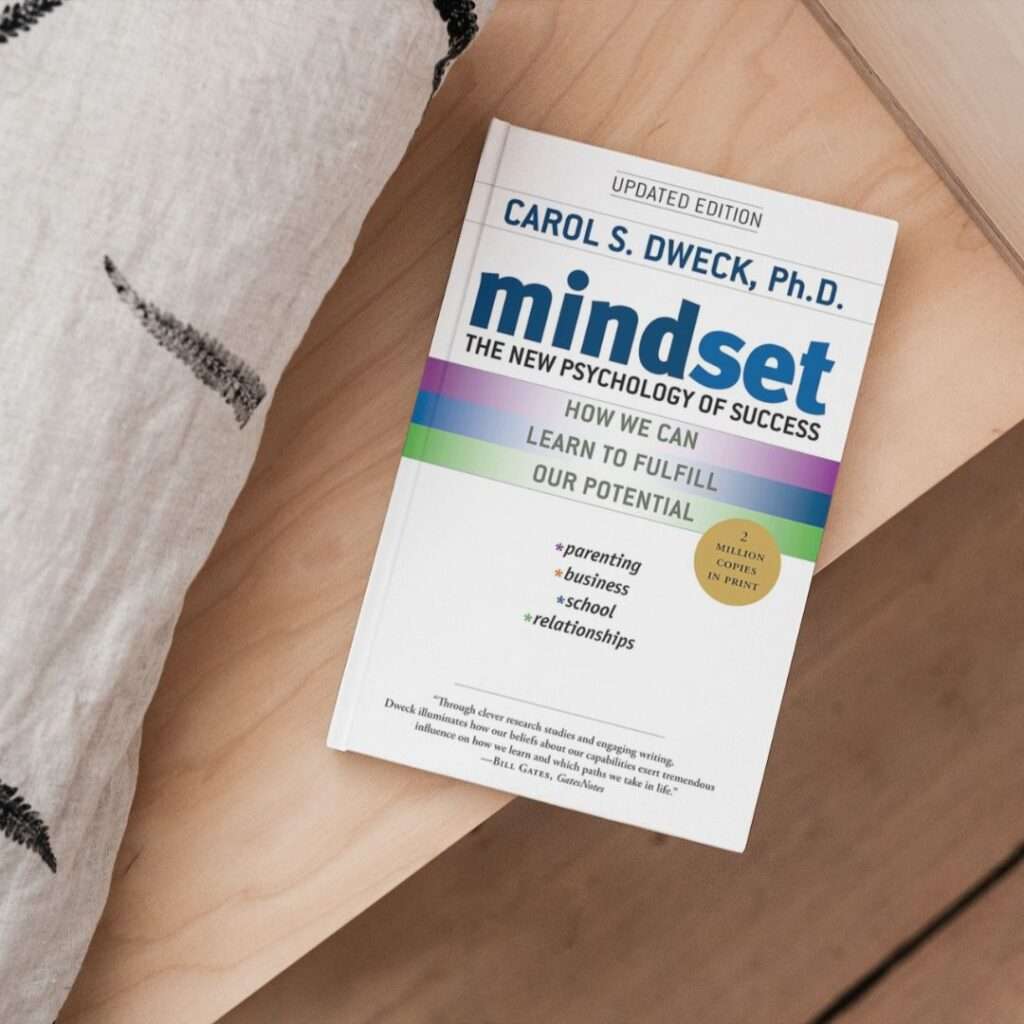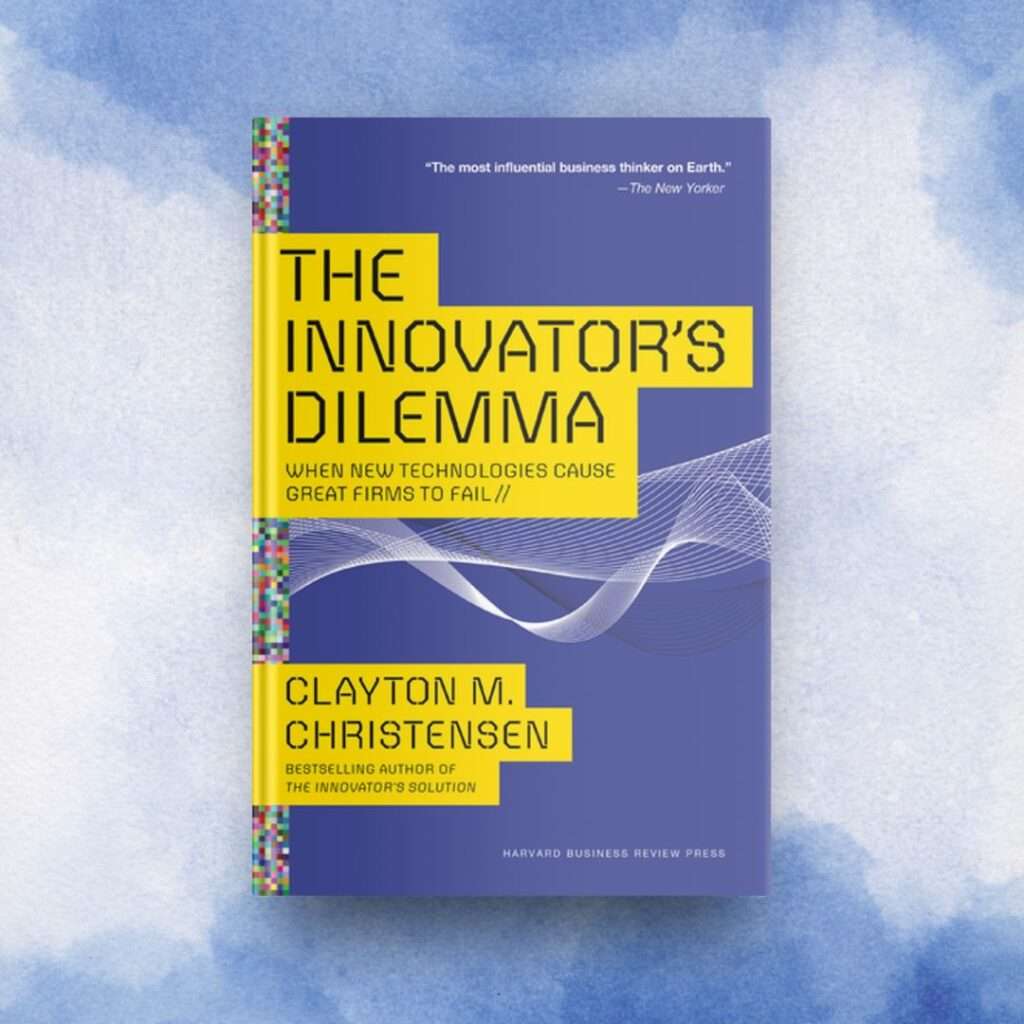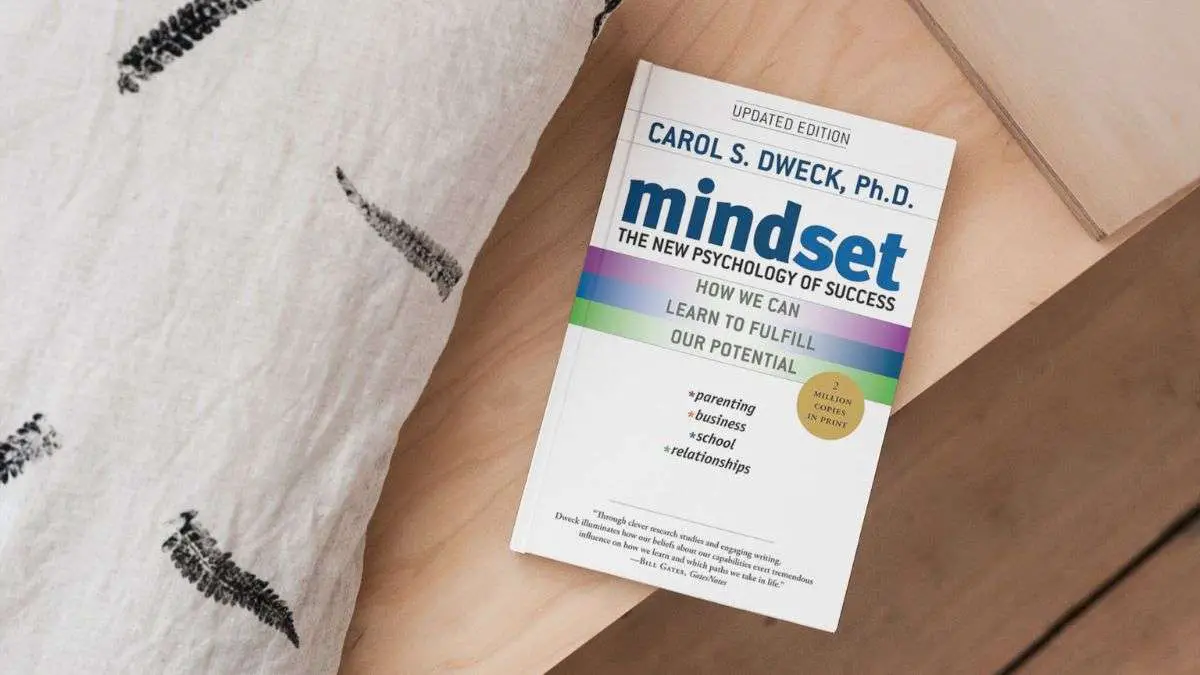Table of Contents
- Introduction
- Bill Gates’ Impact and Legacy
- Personal Growth Books Recommended by Bill Gates
- Professional Growth Books Recommended by Bill Gates
- What Makes a Book Recommended by Bill Gates Special?
- How to Incorporate Bill Gates’ Recommended Books into Your Reading List
- Conclusion
Introduction
This write-up delves into ten recommended books by Bill Gates, a big name in the technology sector and an avid reader with diverse literary interests. As a prominent thought leader, Gates frequently shares his reading recommendations, which span various genres and topics, including science, business, and global health.
In interviews and articles over the years, Gates has shared numerous book recommendations across various genres and topics. He reads around 50 books annually, carefully selecting titles that offer valuable insights and practical wisdom. Gates’ recommendations provide an intriguing reading list for those seeking to expand their knowledge and skills.
These books have resonated with Gates, shaping his thinking and approach to life and business. By exploring this curated selection of titles, you can gain new perspectives and tools for your growth and development.
Bill Gates’ Impact and Legacy
Bill Gates, born on October 28, 1955, is an American business magnate, software developer, and philanthropist. He is best known as the co-founder of Microsoft Corporation, which he established with Paul Allen in 1975. Microsoft became the world’s largest personal computer software company, fundamentally changing how people interact with technology and shaping the digital revolution.
Gates’ impact on the technology industry is immense. Under his leadership, Microsoft introduced several groundbreaking software products, including the Windows operating system, which became a standard in personal computing. His vision of “a computer on every desk and in every home” has come to fruition in developed countries.
Beyond his work at Microsoft, Gates has significantly contributed to global health and education through the Bill & Melinda Gates Foundation. Established in 2000, the foundation focuses on enhancing healthcare, reducing extreme poverty globally, and expanding educational opportunities and access to information technology.
Gates’ legacy extends beyond his technological and philanthropic achievements. He has consistently used his platform to promote the importance of science, education, and reading. His book recommendations have become a valuable resource for individuals seeking to broaden their understanding of complex issues and enhance their personal and professional development.
Now, let’s delve into some books that have profoundly influenced Bill Gates and that he highly recommends.
Personal Growth Books Recommended by Bill Gates
Continuous learning and personal development are crucial to success in your career and personal life. Bill Gates recognizes this and has recommended several books focused on self-improvement and cultivating the right mindset.
In today’s rapidly changing world, it’s essential to actively work on expanding your knowledge, skills, and perspectives. As Gates has demonstrated through his journey, having a growth mindset can help unlock your potential. Reading books that provide new ways of thinking and practical strategies for self-improvement is invaluable.
1. Mindset by Carol Dweck
Mindset: The New Psychology of Success is a psychology book by Stanford University psychologist Carol S. Dweck. Published in 2006, the book explores the concept of “mindset” and how our beliefs about our abilities can impact our lives significantly.

Dweck introduces the idea of “fixed” and “growth” mindsets, arguing that those with a fixed mindset believe their abilities are unchangeable, leading to a desire to appear bright and, thus, a fear of failure.
On the other hand, individuals with a growth mindset believe that abilities can be developed through hard work and effort, leading to a love of learning and resilience. This influential work has been widely applied in various fields, including education, business, and sports, to promote personal and professional development.
2. Factfulness by Hans Rosling
Factfulness: Ten Reasons We’re Wrong About the World—and Why Things Are Better Than You Think is a nonfiction book by Swedish statistician Hans Rosling, his son Ola Rosling, and his daughter-in-law Anna Rosling Rönnlund.
Published in 2018, the book advocates for a fact-based worldview and argues that biases, outdated knowledge, and ignorance of basic facts distort many people’s perceptions of the world. Through ten chapters, each addressing a common misconception (such as the belief that the world is increasingly getting worse), Rosling uses statistical evidence to show that global living conditions have significantly improved over the past centuries.
The book also offers practical tools and rules of thumb for understanding the world more accurately and critically. This work has been praised for its enlightening and optimistic perspective on global progress.
3. Grit by Angela Duckworth
Grit: The Power of Passion and Perseverance by psychologist Angela Duckworth is a thought-provoking exploration of the concept of “grit,” which Duckworth defines as a combination of passion and sustained persistence applied towards long-term achievement, with no particular concern for rewards or recognition along the way.
Drawing from her groundbreaking research in psychology, Duckworth demonstrates that this quality, more than talent or IQ, is a critical determinant of personal and professional success. She shares compelling stories from various domains—education, business, sports, and more—to illustrate her points. Bill Gates recommends this book for its insightful examination of what drives success, emphasizing that perseverance and passion often outweigh natural talent.
4. How Not to Be Wrong by Jordan Ellenberg
How Not to Be Wrong: The Power of Mathematical Thinking is a nonfiction book by Jordan Ellenberg, a renowned mathematician and writer. Published in 2014, it explores the application of mathematical thinking in everyday life and decision-making.
Ellenberg delves into various real-world scenarios and historical events, demonstrating how mathematical principles can help us understand and navigate complex issues more effectively. From analyzing the lottery system to political polls, medical studies, and economic trends, the book illuminates how math permeates every aspect of our lives.
How Not to Be Wrong challenges readers to think more critically and appreciate the power and beauty of mathematical thought, thereby equipping them with tools to make better, more informed decisions.
5. The Better Angels of Our Nature by Steven Pinker
The Better Angels of Our Nature: Why Violence Has Declined is a non-fiction book by Steven Pinker, a renowned cognitive psychologist, linguist, and popular science author. Published in 2011, the book presents a comprehensive historical analysis arguing that violence has declined in the long and short run.
Pinker uses a wealth of data to demonstrate this decline across various scales, from the wane of interstate wars, genocides, and domestic violence to reductions in homicide rates and animal cruelty. He attributes this trend to various factors, including the rise of the state, commerce, literacy, and the Enlightenment’s humanistic values. The book explores the nature of violence, human nature, and the societal transformations that have led to a more peaceful world.
Professional Growth Books Recommended by Bill Gates
As we shift focus to books recommended by Gates for professional development, it’s clear these titles offer valuable insights for navigating today’s rapidly changing business landscape. With emerging technologies, globalization, and evolving workplace dynamics, continuous learning is more critical than ever for professional growth.
1. The Innovator’s Dilemma by Clayton Christensen
The Innovator’s Dilemma: When New Technologies Cause Great Firms to Fail, written by Harvard Business School professor Clayton M. Christensen and published in 1997, is a seminal work in business strategy. The book introduces the concept of disruptive innovation, explaining how established companies can do everything right yet still lose market leadership due to technological change.

Christensen argues that successful companies focus too much on satisfying customers’ current needs while dismissing future disruptive technologies that initially may not appeal to their customer base. This leads to a vulnerability where smaller, more innovative firms can introduce products that, while not initially as sophisticated, eventually overtake the market. The book offers insights into managing innovation and presents strategies for recognizing and navigating disruptive technologies.
2. Lean In by Sheryl Sandberg
Lean In: Women, Work, and the Will to Lead is written by Sheryl Sandberg, the Chief Operating Officer of Facebook, and published in 2013. The book explores women’s challenges in achieving leadership roles and offers practical advice on overcoming these obstacles.
Sandberg draws on her experiences and research to discuss topics such as gender inequality in the workplace, the importance of mentorship, and the need for women to pursue their career goals confidently and passionately. She encourages women to “lean in” to opportunities and assert themselves professionally while advocating for structural, organizational changes to support gender equality.
3. The Mythical Man-Month by Frederick P. Brooks, Jr.
The Mythical Man-Month: Essays on Software Engineering is a seminal book by Frederick P. Brooks, Jr., first published in 1975. It offers critical insights into software development and project management, drawing from Brooks’ experiences managing the development of IBM’s System/360 family of computers and the OS/360 software.
The book introduces concepts like “Brooks’ law,” which states that adding manpower to a late software project only makes it later. It also explores the unique challenges of coordinating teamwork, the complexities of software design, and the pitfalls of using novel technologies. Its thoughtful reflections and timeless wisdom have made it a computer programming and project management classic.
4. How to Lie With Statistics, by Darrell Huff
How to Lie with Statistics by Darrell Huff was first published in 1954. This book offers an insightful and witty exploration of how statistics can be manipulated and misinterpreted to support specific narratives or agendas.
Huff delves into various statistical techniques, including biased samples, misleading graphs, and ambiguous averages, demonstrating how they can distort reality if used unscrupulously. While the book is humorous and engaging, it also serves as a critical guide for readers to develop statistical literacy, enabling them to critically evaluate statistical claims in news, reports, and studies.
5. The Art of War by Sun Tzu
The Art of War is an ancient Chinese military treatise written by Sun Tzu, a high-ranking general, strategist, and philosopher. It was composed in the 5th century BC and consists of thirteen chapters, each devoted to a different aspect of warfare. Thus, it is a definitive work on military strategies and tactics.
The Art of War covers various subjects, including planning, strategy, tactical maneuvering, diplomacy, and politics. The text’s enduring wisdom has transcended its military origins. It has been widely applied in various modern contexts like business, sports, and negotiations for its insights into managing conflict and achieving success.
What Makes a Book Recommended by Bill Gates Special?
Bill Gates’ book recommendations carry significant weight due to his credibility and authority as one of our most successful entrepreneurs and philanthropists. Having built Microsoft into a global technology powerhouse, Gates has demonstrated remarkable business acumen, technological expertise, and leadership capabilities.
Moreover, Gates’ recommendations are based on his extensive reading and draw from his diverse life experiences. As an avid reader who goes through dozens of books yearly, Gates has cultivated a broad knowledge base across many fields. This allows him to provide thoughtful recommendations on books covering various genres and topics.
In particular, Gates’ background in software, global health initiatives, education reform, and scientific innovation enabled him to offer unique perspectives on books related to technology, medicine, social issues, and more. His insights come from an intellectual standpoint and from actively applying lessons from these books to drive real-world impact.
Ultimately, a critical factor that makes Gates’ recommendations unique is that they represent his highly informed opinions instead of simply regurgitating bestseller lists. Readers can feel confident that any book Gates recommends is one that he found genuinely compelling, educational, and worth reading based on his exceptional judgment.
How to Incorporate Bill Gates’ Recommended Books into Your Reading List
Finding time to read can be challenging with our busy schedules. Here are some tips to help you prioritize and incorporate Bill Gates’ book recommendations into your routine:
Set a Reading Goal
Decide how many books or pages you want to read weekly or monthly. Setting a defined goal will help you stay accountable and motivated. Start small if needed, then increase your reading time as your schedule allows.
Have Dedicated Reading Time
Treat reading like an essential appointment in your calendar. Block off time each day or week when you can dive into a book without distractions. Consistency is key.
Mix Up Genres and Topics
Follow Bill Gates’ example by exploring diverse genres – history, science, memoirs, etc. Reading across topics exercises different parts of your brain and keeps things interesting.
Join a Book Club
Discussing books with others provides new perspectives. Join an online or in-person book club focused on personal growth or business books. This builds accountability and makes reading more social.
Take Notes and Reflect
Jot down meaningful passages, new ideas, or questions as you read. Periodically reflect on how you can apply insights to your life. This helps cement key lessons.
Reading Bill Gates’ recommended books can expand our thinking in pivotal ways. But we must be proactive in making reading a consistent habit. Use these tips to open your mind through books and engage in thought-provoking discussions with others.
Conclusion
Reading is one of the most powerful tools for continuous learning and growth. As this article has explored, Bill Gates’s ten books offer a wealth of insights and practical advice for personal and professional development.
Reading Gates’ suggested titles opens us to new perspectives, ideas, and strategies. The books highlighted in previous sections range from personal development classics like Carol Dweck’s Mindset to business must-reads like Clayton Christensen’s The Innovator’s Dilemma.
While the genres and topics covered vary widely, they all share a common thread of expanding our knowledge and helping us achieve our full potential. Gates’ stamp of approval on these books is significant. As one of the most successful entrepreneurs and philanthropists of our time, his recommendations carry substantial weight. When Gates suggests a book, it’s worth paying attention.
Make Reading a Consistent Habit
To fully reap the rewards of reading, making it a consistent habit rather than an occasional pastime is crucial. Take some time to explore Gates’ many recommendations and pick out a few titles that pique your interest. Schedule time to read each day, even if it’s just for 15-20 minutes. Over time, you’ll work through more and more meaningful books while cultivating stronger learning muscles.
Discuss and Share Ideas
Reading is valuable, but you can multiply the benefits by discussing books and sharing ideas with others. Exchange favorite titles and recommendations with colleagues, friends, and family. Start a book club around some of Gates’ top picks. Use the concepts and insights you’ve gained to enrich conversations. Make reading a social activity.
The Journey Doesn’t End Here
While this post has only scratched the surface of Bill Gates’ reading list, it hopefully provides a solid launch pad for your reading journey. Let Gates’ recommendations guide you toward more impactful books while continuing to find and share new titles yourself. Make reading a lifelong adventure of discovery. The learning never has to stop.
